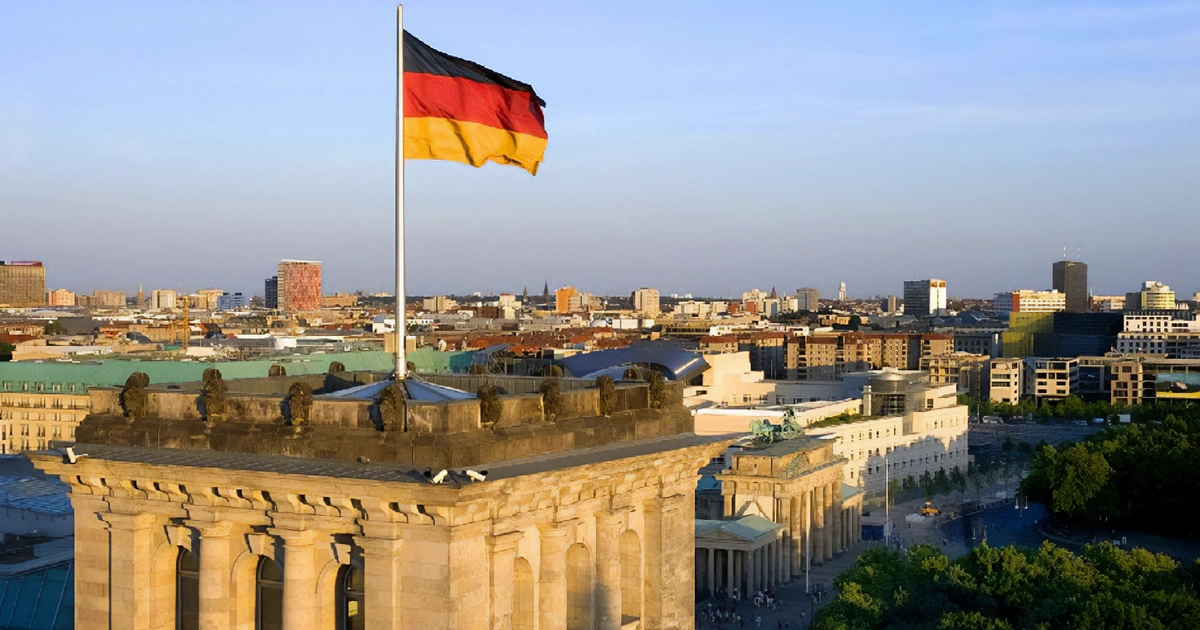Illegal gambling is dominating Germany
A recent study conducted by Gunther Schnabl, an economist at the University of Leipzig, revealed an alarming reality for the German igaming industry. As of March 2023, only 50.7% of German players were directed to a legal offering, while nearly a third of German consumers gambled with European operators who were not licensed in Germany, in other words, illegal providers. This study, commissioned by the German Online Casino Association (DOCV) and the German Association for Sports Betting (DSWV), estimates that revenues in the black gambling market account for three-quarters of the total, leading to significant losses for the German treasury.
The situation remains precarious
In March 2023, a survey by economist Gunther Schnabl from the University of Leipzig showed that only 50.7% of German gamblers in Germany sought their entertainment from German providers.
Furthermore, it appears that 28.9% of German consumers end up with European operators who do not have a license in Germany and 19.9% with offshore companies, such as casinos from Malta, Curacao, the British Virgin Islands, etc. As a result, tax losses for the German government are estimated to be in the hundreds of millions of euros.
Urgent action needed
Faced with these results, the 2 industry associations have drawn up a list of “urgent” measures to combat the situation. One of these measures is a call to make the legal market more competitive by relaxing some of the laws that have been introduced. Due to the rigidity of German gambling laws, there are limits for players such as €1 per spin and monthly limits of €1,000.
The organizations also called on the GGL, the German online gambling regulator, to speed up the licensing process and improve cooperation with the industry.
The problem was already known
The DSWV had already sounded the alarm in March 2023 and doubted the ability of the regulator, the GGL, to deal with the ongoing threat of the black gambling market. According to the DSWV, the GGL’s sanctioning powers are insufficient to counter the threat, and they need additional powers.
In response to a ruling by the Higher Administrative Court of Rhineland-Palatinate, which questioned the regulator’s ability to block foreign operators, the organization also claimed that advertising bans only serve to give illegal actors more power instead of supporting player protection.
Too strict deposit and betting limits
Draconian measures such as deposit and betting limits were also mentioned, with the DSWV emphasizing that this stimulates the growth of the black gambling market and hinders the regulated market in offering a competitive proposal.
Local operators, such as Rootz, have also expressed their concerns about the negative consequences of re-regulation for their activities. Average deposits have dropped by 80%, and strict regulations have resulted in a significant migration of players to the black market, where fewer restrictions apply.
Ongoing illegal gambling problem in Germany
Licensed online operators in Germany are facing increasing pressure from competition in the black gambling market, participants at the Bundeskonferenz zum Glücksspielwesen der Behörden Spiegel warned last week.
Wes Himes, of the Betting and Gaming Council (BGC), spoke last week to delegates at the conference: “The best antidote to the illegal market is a regulated and competitive market.”
Furthermore, it is also important to know that the German illegal market is not limited to online gaming but is also gaining ground in the slot machine and unauthorized casino sector. Experts point out that illegal gambling remains a low-risk method for criminal groups, highly profitable and a popular method for money laundering.
The European battle between the legal and illegal gambling market
The debate over the regulation of the gambling market is also increasingly coming to the fore in other neighboring countries.
In the Netherlands, more and more attempts are being made by players to recover their losses from unauthorized operators. A complex legal battle is being fought here while the government takes note of measures taken in Malta such as Malta’s Bill 55, which makes it impossible to sue these Maltese companies for this reason. The European Commission and the European Court of Justice are still deliberating on the case.
But also in Belgium, action was taken in July by banning advertising for gambling. As a result, they were confronted with the prospect of an increase in the illegal gambling industry. While regulated casinos face advertising restrictions, illegal operators could seize the opportunity to expand their influence on the market, potentially leading to a dramatic growth of illegal casinos, as is currently the case in Italy.
This battle between the legal market and the black gambling market calls on the German gaming industry for a more nuanced approach, focusing on player protection, competitiveness, and a revision of current regulations. As the GGL steps up its efforts to regulate the market, it becomes crucial to find a balance to prevent illegal actors from exploiting loopholes in the system, thereby endangering a regulated industry and the players it is supposed to protect.
For completeness: There was no comment from the German Gambling Commission on attempts to get a response from the Gambling Club.


